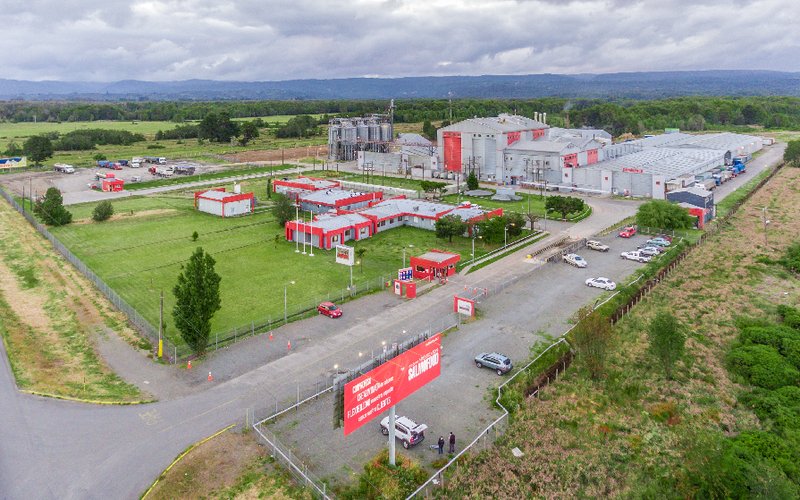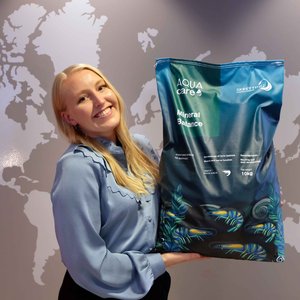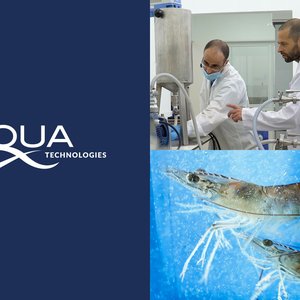As part of its commitment to sustainability, Salmofood signed an agreement with its electricity supplier so that 100% of the electrical energy used in its plant comes from renewable sources. The agreement is an important contribution to the reduction of greenhouse gases.
Salmofood installed a biomass boiler in 2012 that significantly reduced the carbon footprint and the emission of greenhouse gases. “We believe in sustainable aquaculture, not only from the ingredients point of view but also from the energy we use to generate feeds. For this reason, our commitment will be to continue with the reduction of greenhouse gases and thus continue to contribute to the sustainability of aquaculture,” said Ian Lozano, general manager of Vitapro Chile.
In its last fiscal year, Vitapro Chile reduced its carbon footprint by 26%, due to an increase in the use of biomass and less use of oil.
2019 2020 Fossil fuels (ton/year) 291 180 Biomass (m3/year) 47,042 53,407 Total GHG emissions (tCO2eq) 1,152.4 847.7
Among the main advantages of using biomass, in addition to reducing CO2, the company highlighted the reduction in emissions of particles, sulfur, pollutants such as carbon monoxide, unburned hydrocarbons and nitrogen oxides, the reduction of the dangers derived from the exhaust of toxic gases and fuels and greater independence from fluctuations in the prices of fuels from abroad.
With the new agreement, the company has taken a new leap towards sustainability with minimal use of fossil fuel at its feed mill located in Castro. “Today, Salmofood has a carbon footprint of 0.25 ton CO2e per ton of feed, being the fish feed company with the lowest level. The new agreement will contribute to lower this indicator even further and thus maintain Salmofood as the leader in terms of greenhouse gas emissions,” the company concluded.













